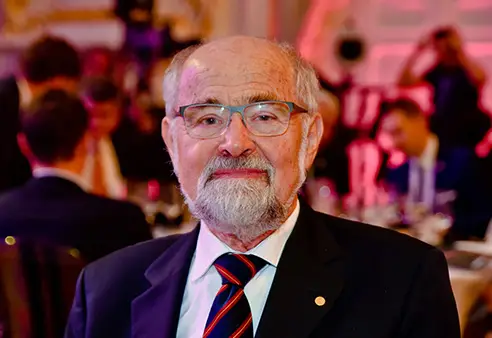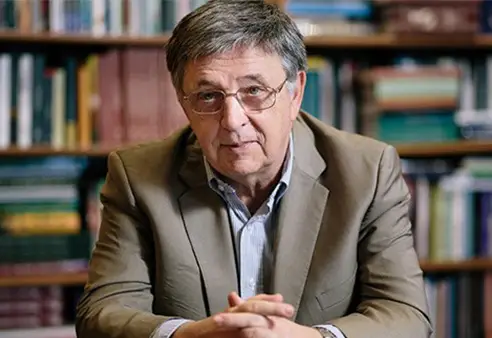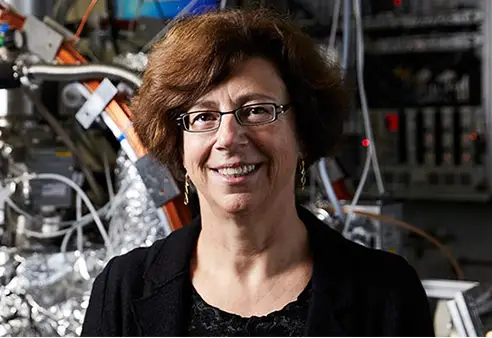Carl-Philipp Heisenberg is a Professor at the Institute of Science and Technology Austria (IST Austria). He has made a name for himself in the scientific world with his discoveries in development biology, specifically in the field of embryonic development of vertebrates. His research focuses on the molecular, cellular and biophysical mechanisms underlying gastrulation movements in zebrafish, whose early development is very similar to that of humans.
Carl-Philipp Heisenberg studied Biology at the Ludwig-Maximilians-Universität München (LMU). He obtained his PhD in 1997 at the Eberhard-Karls-Universität Tübingen and the Max-Planck-Institute for Developmental Biology in Tübingen, where he was a member of the research group of Nobel laureate Christiane Nüsslein-Volhard.
In 2015 Heisenberg was elected member of the German National Academy of Sciences Leopoldina. A year later he became a member of the European Molecular Biology Organization (EMBO), an organization of more than 1800 leading researchers that promotes excellence in the life sciences.
Carl-Philipp Heisenberg is a recipient of the prestigious ERC Advanced Grant. His discoveries and research were awarded multiple times, for example by the Lower Austria Science Prize. Most recently, his outstanding research achievements were awarded by the Carus Medal from the German Academy of Sciences Leopoldina.



